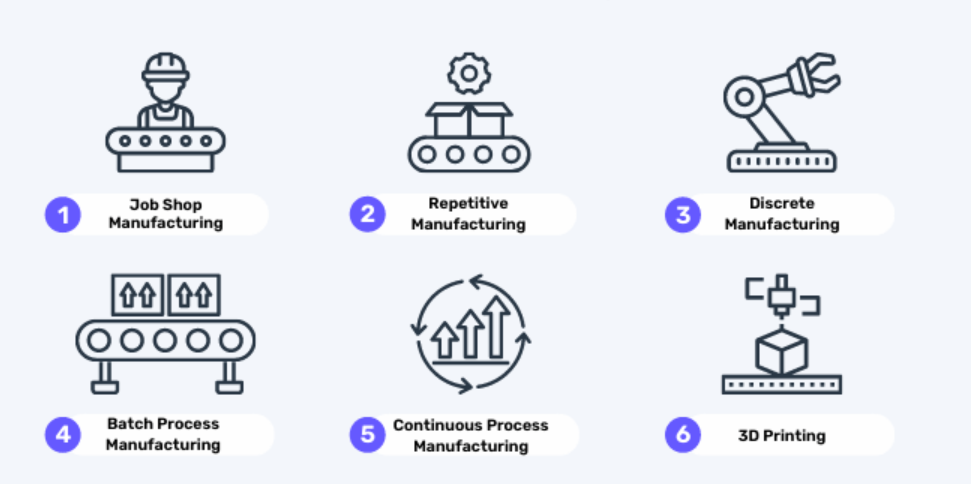Manufacturing is a complex process that involves a myriad of activities from raw material acquisition to final product delivery. To manage and streamline these activities effectively, businesses rely on production control systems. A production control system is a system that coordinates and controls all aspects of production, ensuring that goods are produced efficiently, on time, and within budget. In this post, we will delve into what a production control system is, why it’s important, and how production planning software plays a crucial role in its effective implementation.
Understanding the Role of a Production Control System
A production control system is a mechanism that oversees the execution of production plans, coordinating and managing the various resources involved in the production process, including human resources, machinery, and materials. It helps to ensure that products are produced at the right time, in the right quantities, and at the optimal cost, thus increasing efficiency and reducing waste. Here’s what a production control system typically entails:
Planning: This involves setting production goals and determining the best way to achieve them. It includes scheduling, capacity planning, and resource allocation.
Coordinating: This involves managing and synchronizing the different production activities to ensure smooth operation.
Monitoring and Controlling: This involves tracking the production process to ensure that it aligns with the plan, and making adjustments as necessary to address any issues or bottlenecks that arise.
Quality Control: This involves ensuring that the finished products meet the required quality standards.
The Importance of a Production Control System
Implementing a robust production control system has several key benefits:
Efficiency: It streamlines the production process, reducing waste and minimizing downtime.
Cost-Effectiveness: It helps to optimize the use of resources, reducing production costs.
Quality Assurance: It helps to maintain consistent product quality, enhancing customer satisfaction and brand reputation.
Timely Delivery: It ensures that products are produced and delivered on schedule, improving customer service and competitiveness.
The Role of Production Planning Software
Production planning software is a vital tool in implementing an effective production control system. It automates and simplifies many of the tasks involved in production control, providing real-time visibility into the production process and enabling quick and informed decision-making. Here’s how production planning software enhances production control:
Automated Planning: Production planning software automates the scheduling process, taking into account factors like resource availability, production capacity, and deadlines to generate efficient production plans.
Real-Time Tracking: It provides real-time updates on the status of production activities, enabling timely intervention if issues arise.
Data Analysis: It collects and analyzes data on various aspects of the production process, providing valuable insights for continuous improvement.
Integration: It can integrate with other systems such as inventory management, procurement, and quality control, providing a comprehensive view of the entire production process.
In conclusion, a production control system is an essential mechanism for managing and streamlining the production process. It increases efficiency, reduces costs, ensures quality, and facilitates timely delivery. Production planning software plays a pivotal role in implementing an effective production control system, automating tasks, providing real-time visibility, and enabling data-driven decision-making. With the right production planning software, businesses can take their production control to the next level, enhancing their competitiveness in the fast-paced manufacturing industry.

















